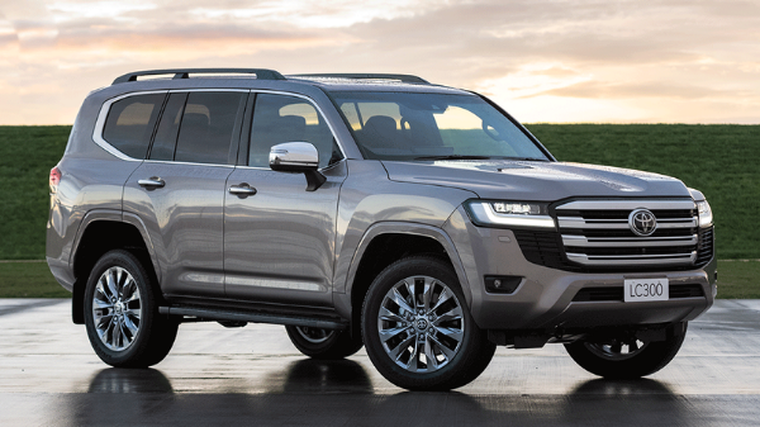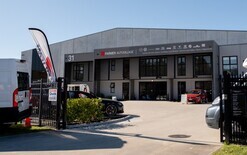Delivery delays for new vehicles

Toyota New Zealand says deliveries of new Land Cruiser 300s to customers here have been delayed until early next year because of a global shortage of essential parts.
The announcement comes just days after Toyota Motor Corporation made fresh production adjustments because of ongoing Covid-19 disruptions and the shortfall in supplies of componentry parts such as microchips.
Steve Prangnell, Toyota NZ general manager of new vehicles, says the company is trying to mitigate as many pandemic-related supply challenges as possible.
“With delta variant cases surging and extended lockdowns globally, a parts supplier in Malaysia has had to shut down for a short period of time,” he adds.
“Unfortunately, this means that our customers who have ordered a Landcruiser 300 will now have their new vehicle delivered early in 2022.
“We understand this situation is hugely disappointing for our customers who were looking forward to having their new vehicle before the Christmas holiday period.
“We have reached out to those customers that are affected, either through their local store or directly from Toyota NZ to apologise, and we want to thank them for their continued support and patience.”
Wait time grows
Lexus, the luxury division of Toyota, has also been affected by supply problems over parts because of Covid-19 lockdowns worldwide and recently had to readjust its production schedules.
Andrew Davis, general manager of Lexus New Zealand, says this has resulted in a decreased supply of vehicles coming here and customers facing longer waits for the delivery of cars.
“The surge in [delta variant] cases means factories in southeast Asia have been closed for short periods of time, causing disruptions to our supply of essential componentry parts,” he explains.
“Componentry parts like microchips are an essential part of the vehicle manufacturing process, meaning we have been unable to produce as many vehicles as we thought we would in September.
“These are extraordinary circumstances, we appreciate the understanding from our customers and would like to thank them for their flexibility and patience while we focus on minimising the disruption to our local supply chain.”





